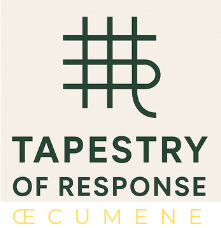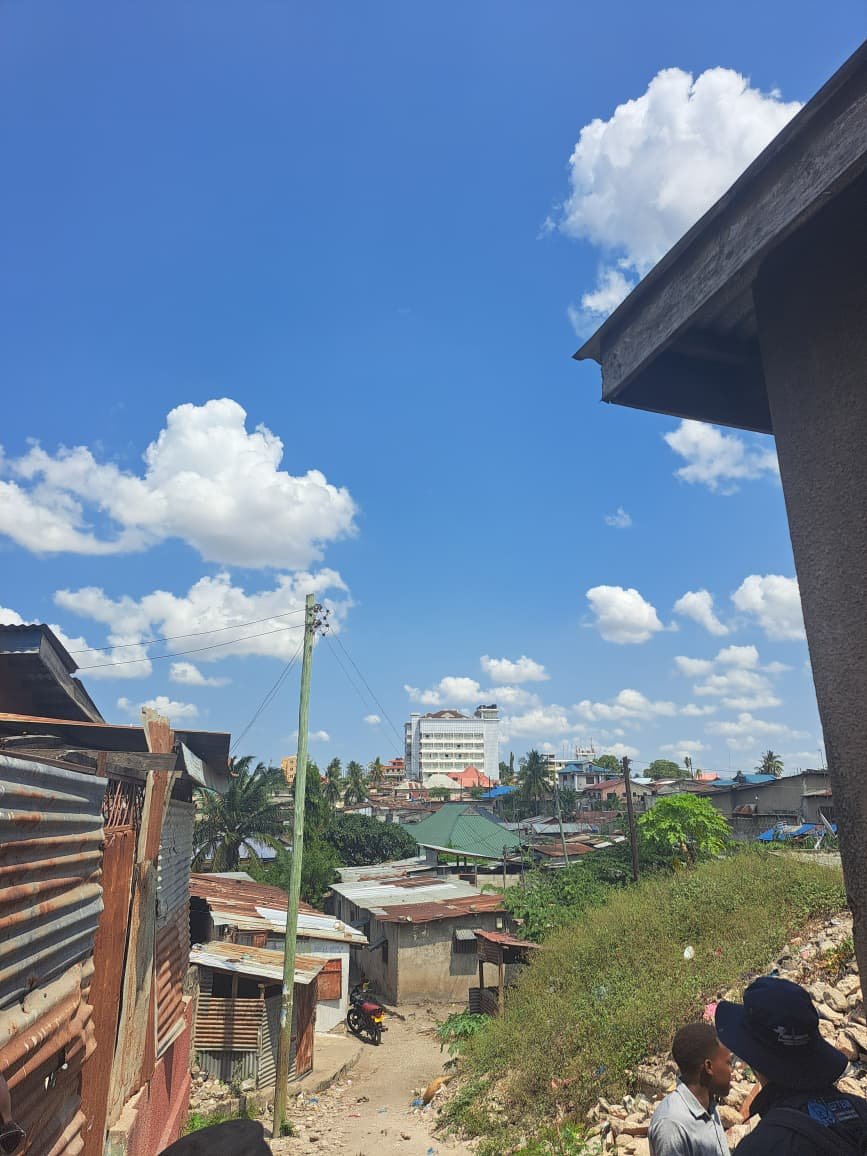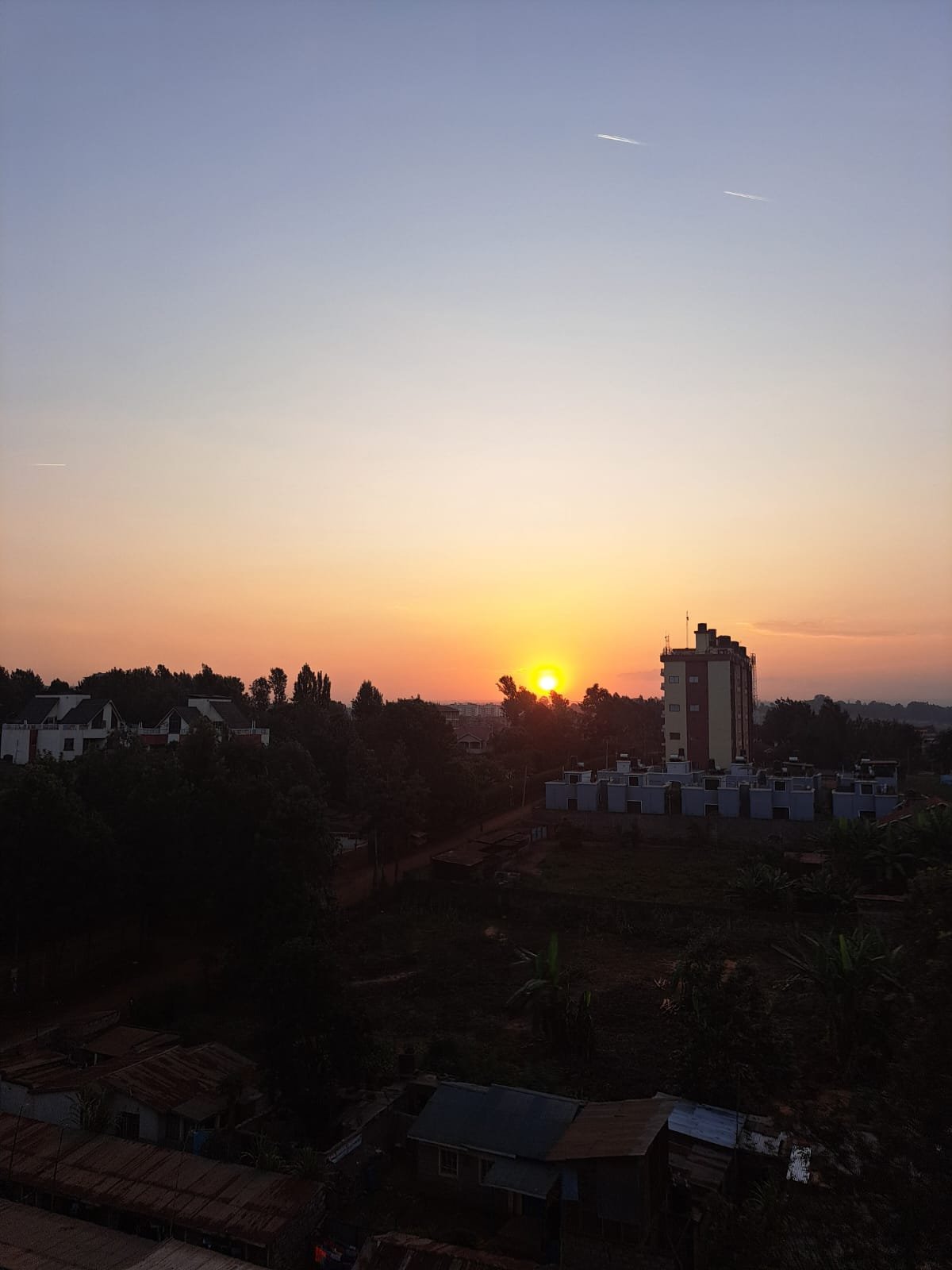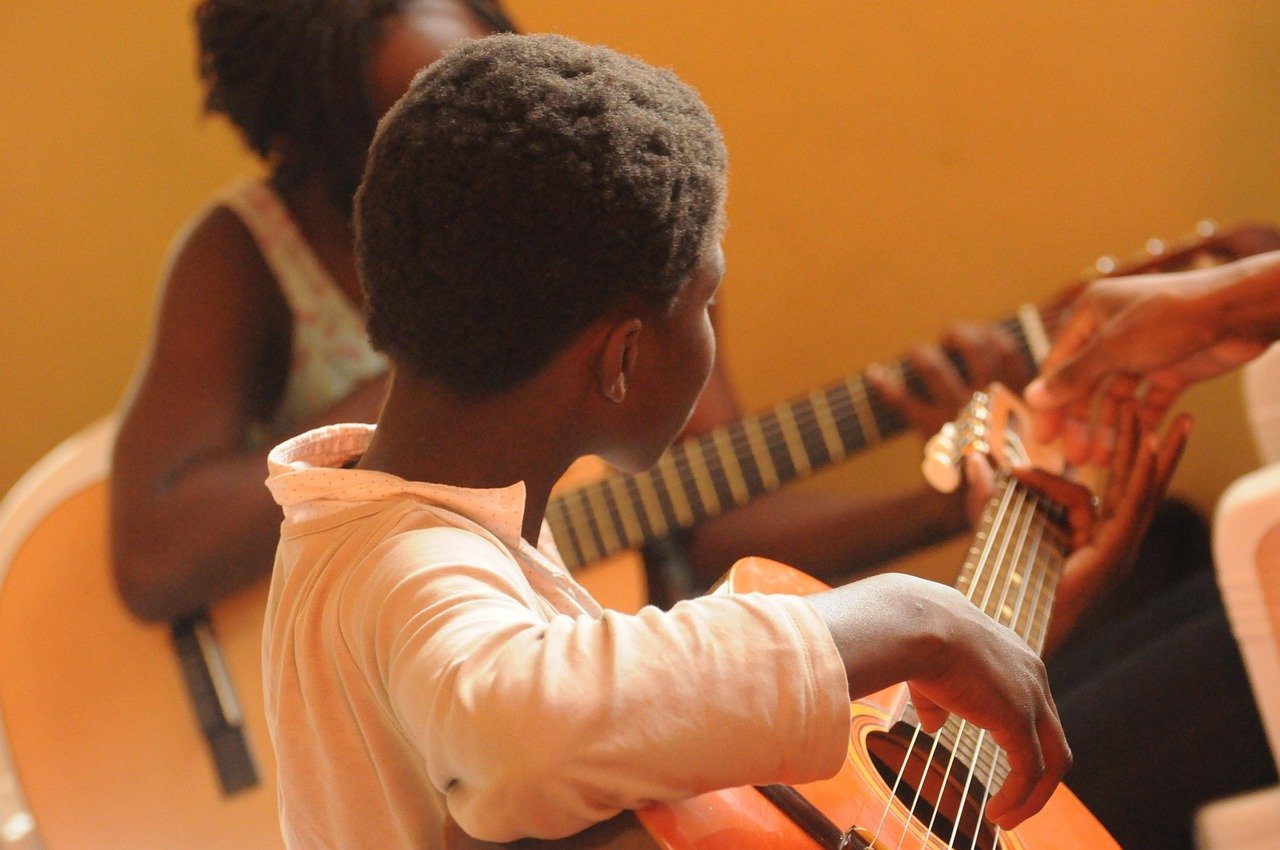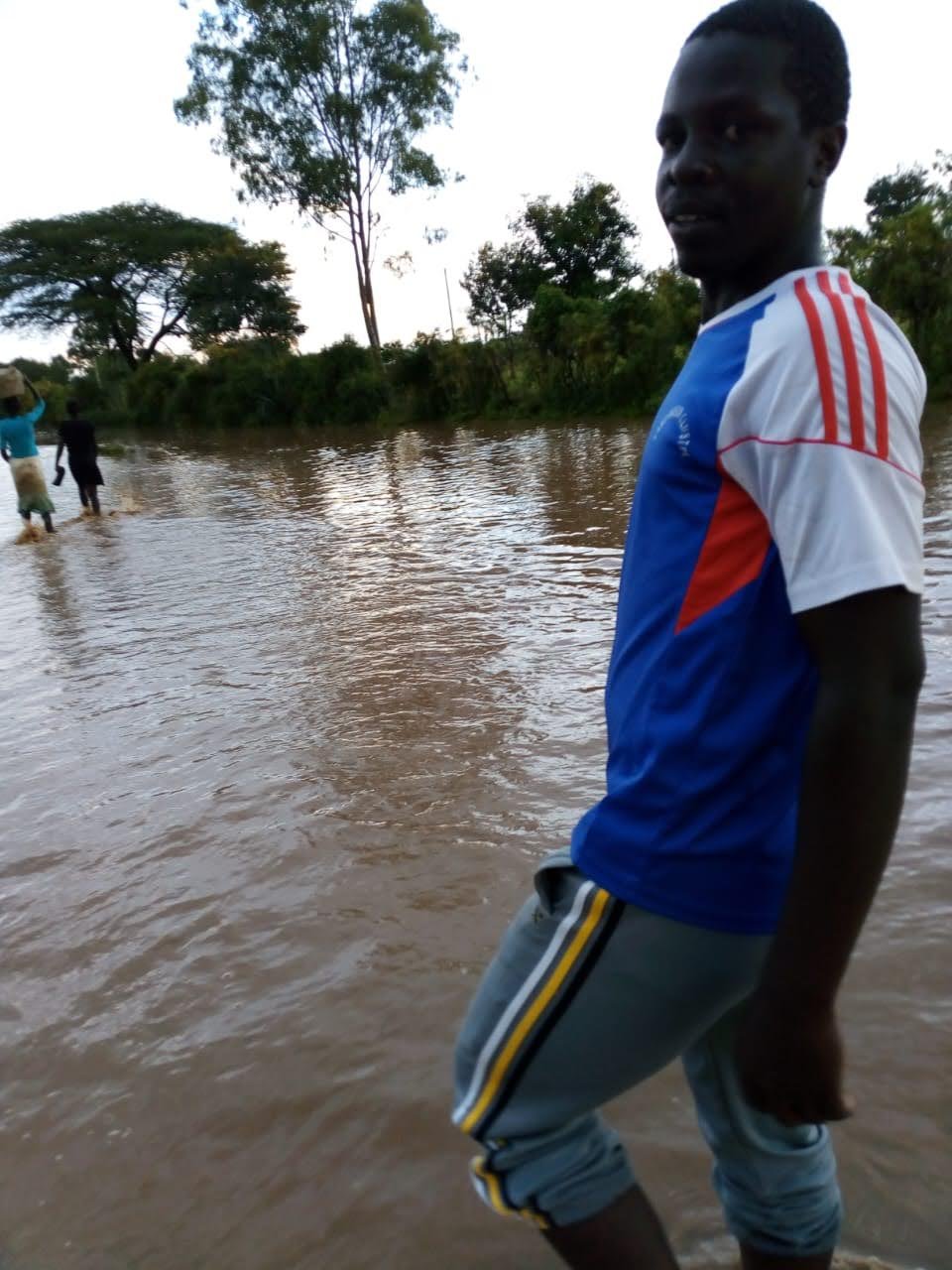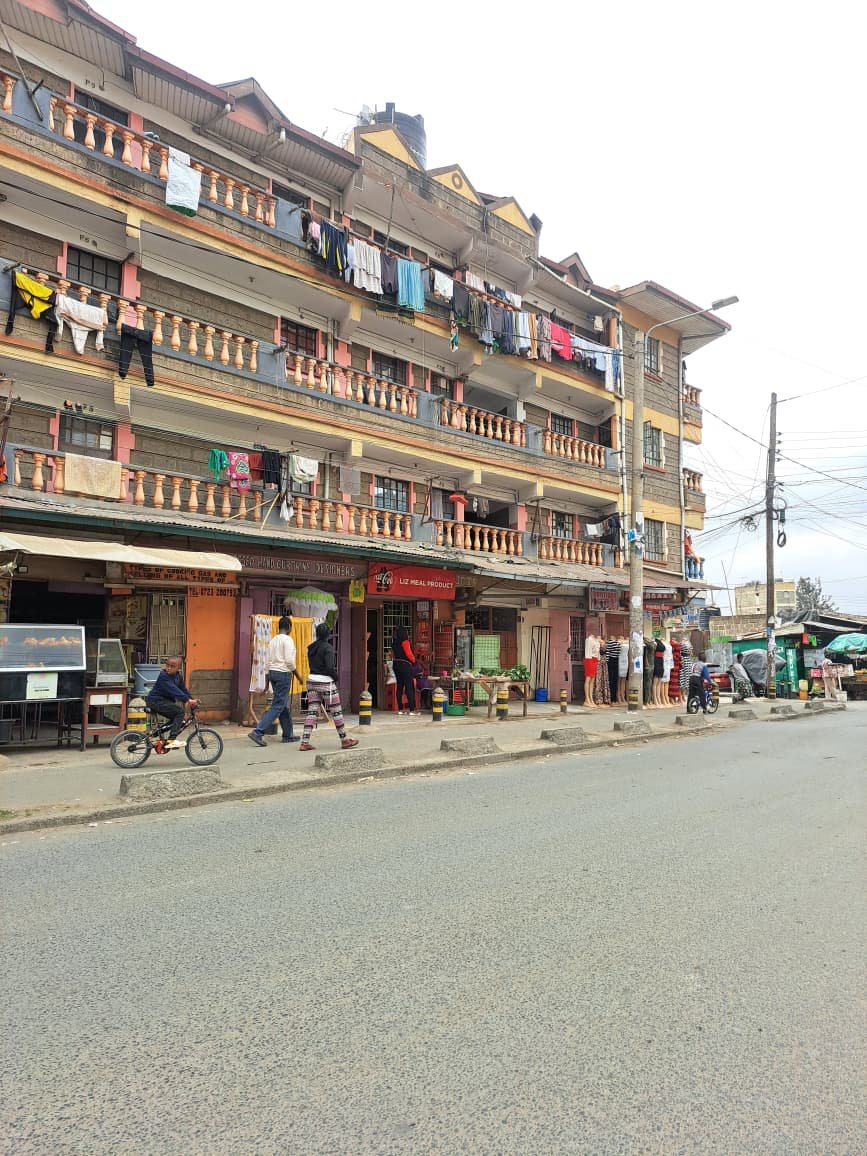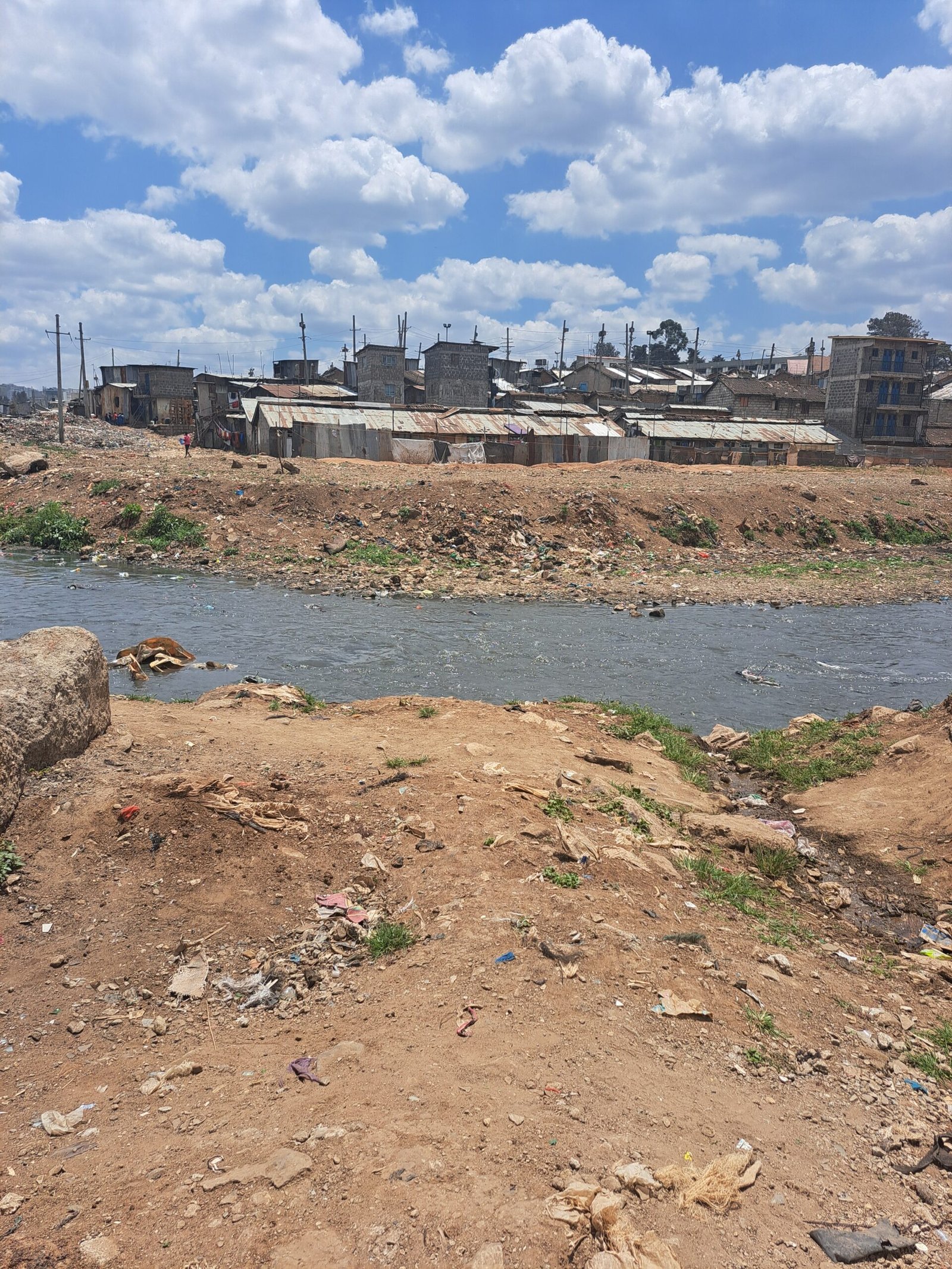“During the lockdown, all we had was each other.”-Mercy Kiio *
*Mercy is an economist and a financial analyst, working to advance sustainable economies.
“Wakati wa Covid 19, tulichokuwa nacho ni umoja.”-Mercy Kiio *
*Mercy ni mwanauchumi na mchambuzi wa masuala ya fedha, anayefanya kazi ya kuendeleza uchumi endelevu.
That’s how Mercy Kiio opened our conversation — a powerful line that set the tone for everything that followed. What unfolded was a raw, reflective exchange, driven by memory, loss, and a pressing call to reimagine how we think about cities in crisis.
Hivyo ndivyo Mercy Kiio alivyofungua mazungumzo yetu — mstari wenye nguvu ambao uliweka sauti kwa kila kitu kilichofuata. Kilichojitokeza ni ubadilishanaji mbichi, wa kuakisi, unaoendeshwa na kumbukumbu, hasara, na wito muhimu wa kufikiria upya jinsi tunavyofikiria kuhusu miji iliyo katika shida.
Mercy’s story is shaped by two major upheavals: the Covid-19 pandemic and the political protests of June 25th, 2024. She lived through both, not as a passive observer, but as someone directly impacted — emotionally, physically, and politically. And as we spoke, it became clear that her experience wasn’t just personal. It was part of a larger narrative about resilience, rage, and the urgent need to understand emergency urbanism from the ground up.
Hadithi ya Mercy’s imechangiwa na misukosuko miwili mikuu: janga la Covid-19 na maandamano ya kisiasa ya Juni 25, 2024. Alikuwepo katika zote mbili, si kama mwangalizi asiye na shughuli, lakini kama mtu aliathiri moja kwa moja — kihisia, kimwili, na kisiasa. Na tulipozungumza, ikawa wazi kuwa uzoefu wake haukuwa wa kibinafsi tu. Ilikuwa ni sehemu ya masimulizi makubwa zaidi kuhusu uthabiti, hasira, na hitaji la dharura la kuelewa hali ya dharura ya mijini kuanzia mwanzo hadi mwisho.
This wasn’t just an interview. It was a conversation heavy with emotion, driven by a deep need to remember and make sense of what survival looks like in a city that too often forgets its people.
Haya hayakuwa mahojiano tu. Yalikuwa mazungumzo mazito yenye hisia, yakisukumwa na hitaji kubwa la kukumbuka na kuelewa jinsi maisha yanavyoonekana katika jiji ambalo mara nyingi huwasahau watu wake.
When I began this project, I thought of emergencies only in terms of floods, fires, and other natural disasters. That was the framework I started with — visible, physical events. However, as I progressed with the research, I came to realize that disasters do not necessarily have to be natural. I understood that communities can experience disasters politically and emotionally, and how they can respond through activism and art. Mercy assisted in realizing this.
Nilipoanza mradi huu, nilifikiria dharura tu katika suala la mafuriko, moto, na majanga mengine ya asili. Huo ndio ulikuwa mfumo nilioanza na — matukio yanayoonekana, ya kimwili. Hata hivyo, nilipokuwa nikiendelea na utafiti huo, nilikuja kutambua kwamba si lazima maafa yawe ya asili. Nilielewa kuwa jamii zinaweza kukumbwa na majanga kisiasa na kihisia, na jinsi wanavyoweza kujibu kupitia uanaharakati na sanaa. Mercy alisaidia katika kutambua hili.
She recalled the confusion during the Covid-19 pandemic and the merciless loss of life that followed. She also reflected on the brutality displayed by police during the June 2024 protests — the chaos, fear, and urgency of running to help others in danger. Yet amid the violence, she remembered something else: the solidarity. Doctors and lawyers stepping up to assist the injured and the arrested. Gen Z mobilizing resources, not just online but out in the streets. It was a moment of collective resistance, geniune response — and remarkable unity.
Alikumbuka mkanganyiko huo wakati wa janga la Covid-19 na upotezaji wa maisha bila huruma uliofuata. Pia alitafakari juu ya ukatili ulioonyeshwa na polisi wakati wa maandamano ya Juni 2024 — machafuko, hofu, na uharaka wa kukimbia kusaidia wengine walio hatarini. Bado katikati ya vurugu, alikumbuka kitu kingine: mshikamano. Madaktari na mawakili wakijitokeza kusaidia waliojeruhiwa na waliokamatwa. Gen Z walikusanya rasilimali, si mtandaoni tu bali nje mitaani. Ilikuwa ni wakati wa upinzani wa pamoja, majibu ya kikweli— na umoja wa ajabu.
Our interview was personal. Mercy spoke about loss and fear — but also about hope ; the kind of hope sparked by artistic expression. We discussed Echoes of War, a play performed by Butere Girls, which reflected on the injustices of the government of the day — a government whose actions, instead of resolving crises, often created new emergencies. For Mercy, art doesn’t just process trauma — it challenges power. It archives grief. It brings communities together.
Mahojiano yetu yalikuwa ya kibinafsi. Mercy ilizungumza juu ya hasara na hofu — lakini pia juu ya matumaini ; aina ya tumaini linalochochewa na usemi wa kisanii. Tulijadili ‘Echos of War’, mchezo wa kuigiza ulioigizwa na Butere Girls, ambao uliakisi juu ya dhuluma za serikali ya wakati huo — serikali ambayo matendo yake, badala ya kutatua migogoro, mara nyingi yaliunda dharura mpya. Kwa Mercy, sanaa haiponzi tu kiwewe — inapinga nguvu. Inahifadhi huzuni. Inaleta jamii pamoja.
She emphasized that Nairobi lacks more than just physical infrastructure — it also lacks emotional infrastructure. Emotional infrastructure in the sense of spaces where people can feel, remember, and heal. Mercy’s story and voice are a reminder that resilience is political, and that the fight for safer cities isn’t waged only in parliament halls or institutional offices. It’s also fought on stages, in murals, and on street corners.
Alisisitiza kuwa Nairobi haina zaidi ya miundombinu ya kimwili — pia haina miundombinu ya kihisia. Miundombinu ya kihisia kwa maana ya nafasi ambapo watu wanaweza kuhisi, kukumbuka, na kuponya. Hadithi na sauti ya Mercy’s ni ukumbusho kwamba uthabiti ni wa kisiasa, na kwamba mapambano ya miji salama hayafanywi tu katika kumbi za bunge au ofisi za taasisi. Pia inapiganwa kwa hatua, katika michoro ya ukutani, na kwenye kona za barabara
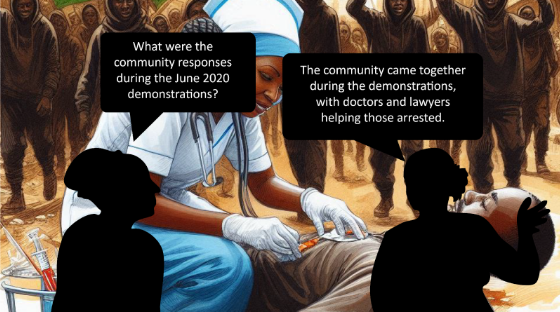
Immersive representation of interview line _ Credits:Authors
The dual
Powered by our people


Sally Mlingi
Author, Investigator_Oecumene Spaces For Dignity
Insaf Ben Othmane Hamrouni
Editor Co-investigator_Oecumene Spaces For Dignity
